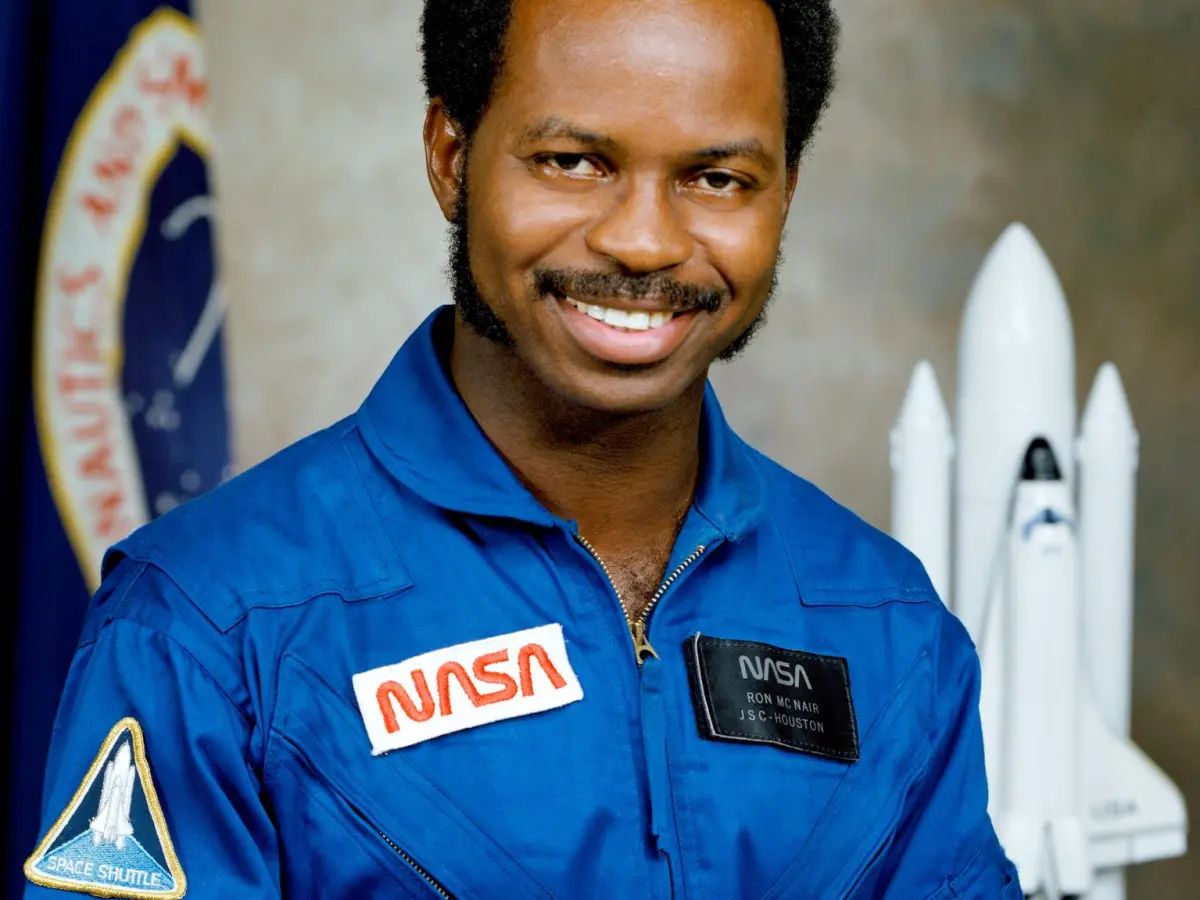
A new book titled Do Aliens Speak Physics?, co-authored by particle physicist Daniel Whiteson and illustrator Andy Warner, delves into the intriguing question of how extraterrestrial beings might perceive and communicate scientific concepts. Scheduled for release on November 4, 2025, the book blends humor, philosophy, and physics, offering readers a unique lens through which to consider the nature of intelligence in the universe.
Whiteson, who works at CERN and the University of California, Irvine, aims to challenge the notion that the principles of physics are universally understood. In an interview with Gizmodo, he explained that many physicists operate under the assumption that their understanding of the universe is the only valid perspective. Whiteson seeks to explore the possibility that alien civilizations may have entirely different frameworks for understanding reality.
Reimagining the Drake Equation
At the outset of the book, Whiteson reinterprets the familiar Drake equation, which has been used to estimate the number of active extraterrestrial civilizations in the Milky Way. He emphasizes that it’s not merely about determining whether intelligent life exists, but about finding civilizations that engage in scientific inquiry similar to our own. The equation categorizes several factors that must align for meaningful communication to occur, suggesting that without the right conditions, humanity may face a vast emptiness in the cosmos.
Whiteson highlights the significance of understanding whether aliens even conduct science. He notes that technology can exist without a scientific basis, as evidenced by human advancements that predated modern scientific methods. For instance, ancient societies developed tools and techniques like metallurgy and agriculture without formal scientific understanding. This raises questions about the necessity of a scientific mindset for technological progress.
The Philosophical Implications
As he navigates these complex ideas, Whiteson reflects on the philosophical aspects of why the universe is comprehensible at all. He contemplates the concept of emergence, suggesting that the universe may present itself in a way that allows for simple mathematical descriptions, which could be a common thread between humans and extraterrestrial beings. Should aliens exist, it remains uncertain whether they would study the universe through the same lens.
The conversation also touches on the potential for interspecies communication on Earth as a preparatory step for engaging with extraterrestrial life. While some assert that understanding animal communication has limited relevance to alien interactions, Whiteson argues that these efforts can illuminate the challenges we face in communicating across species. Learning from our failures to connect with Earth’s animals may better equip us for future encounters with intelligent life forms.
Whiteson expresses an optimistic view of the consequences of discovering intelligent civilizations. He acknowledges that the worst-case scenario might not involve hostility or danger but rather an overwhelming realization that scientific inquiry exists in forms vastly different from our own. This could prompt deeper introspection about humanity’s unique approach to understanding the universe.
In discussing the motivations behind the search for alien life, Whiteson asserts that the quest is as much about understanding humanity as it is about finding extraterrestrial counterparts. The prospect of encountering civilizations similar to ours would validate human existence, yet it could also diminish our sense of uniqueness.
Despite the uncertain outcomes of such searches, Whiteson remains enthusiastic about the possibilities that any form of alien encounter could bring. He emphasizes the importance of maintaining an open mind, asserting that the pursuit of knowledge—whether through collaboration with aliens or through philosophical inquiry—remains a fundamental aspect of the human experience.
Overall, Do Aliens Speak Physics? promises to be a thought-provoking exploration of the intersections between science, philosophy, and the quest for extraterrestrial intelligence, inviting readers to ponder the profound questions that arise from our place in the universe.







